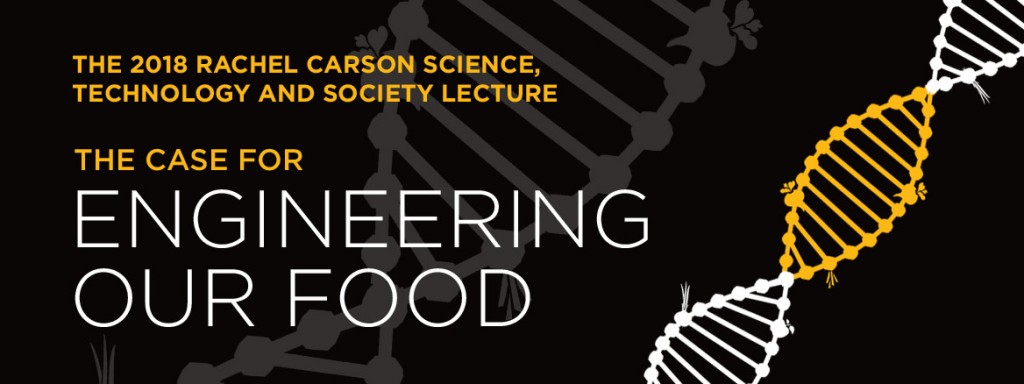Page 11 • (241 results in 0.03 seconds)
-

, so I have had a lot of people in my life who acted as nursing role models for me who were able to show me what great work nurses do. You spent your first-year taking classes remotely because of COVID-19. What was it like to finally be back in the classroom as a teaching assistant for Professor of Biology Michelle Crites? It was important for me to be a TA because it was like I was taking the class again, but I got the in-person experience. For Anatomy & Physiology, it was a completely different
-
studied by Pacific Lutheran University students since 1992. However, before either of these communities used Clover Creek, the local Nisqually, Puyallup, and Steilacoom Tribes used the area for agriculture. It was and remains home to important plant species like the Blue Camas flower. The creek is one of the few natural features in suburban Parkland. Its struggle to survive serves as a reminder to those who call Parkland home to take care of their natural resources, as it connects people, places, and
-
activities, all while receiving numerous benefits. Students historically underrepresented in graduate education are especially encouraged to apply. Due to funding restrictions, participation is limited to U.S. citizens or Permanent Residents (those holding a green card.) All programs for 2016 are listed at unl.edu/summerprogram and include projects in Biochemistry, Plant Science/Pathology, Biomedical Engineering, Chemistry, Civil Engineering, Computer Science, Electrical Engineering, Materials Science
-

Department of Plant Pathology and the Genome Center at the University of California, Davis. Dr. Ronald also serves as founding director of the UC Davis Institute for Food and Agricultural Literacy and will be speaking on genetically modified organisms while at PLU. Supported by a generous endowment from George L. and Helen B. Long, the Rachel Carson Science, Technology & Society lecture is designed to bring leading experts in the fields of science and technology to campus to address the PLU community
-
based on experience and education by the individual, as well as state law. To become a PA, a student must graduate from an accredited PA program. The typical entering student has a bachelor’s degree and approximately four years of health care experience. The average PA program takes 27 months to complete. Subjects covered in PA school include anatomy, physiology, medical ethics, pathology, pharmacology, biochemistry, microbiology, behavioral sciences, physical diagnosis and differential diagnosis
-
based on experience and education by the individual, as well as state law. To become a PA, a student must graduate from an accredited PA program. The typical entering student has a bachelor’s degree and approximately four years of health care experience. The average PA program takes 27 months to complete. Subjects covered in PA school include anatomy, physiology, medical ethics, pathology, pharmacology, biochemistry, microbiology, behavioral sciences, physical diagnosis and differential diagnosis
-

changing Tacoma, the Puget Sound region and the world. YWCA Pierce County CEO Miriam Barnett will talk about charitable giving in a presentation titled “Intent and Impact; When Making a Difference Doesn’t.” She says that she’s enjoying the challenge of planning a compelling talk that fits TEDxTacoma’s five- to eight-minute standard. “TED talks are unique because they are a concentrated way to plant seeds of change,” Barnett said. “I am excited to share a message meant to do exactly that — plant a seed
-
courses: BIOL 225: Molecules, Cells and Organisms BIOL 226: Genes, Evolution, Diversity and Ecology Many programs require some of the upper level courses listed below in addition to general biology courses. Please verify with the specific programs you are interested in to be sure all requirements are met. BIOL 342: Microbiology BIOL 330: Genetics BIOL 341: Developmental Biology BIOL 352: Comparative Anatomy BIOL 357: Histology BIOL 442: Cell Biology BIOL 453: Mammalian Physiology Please make sure you
-
courses: BIOL 225: Molecules, Cells and Organisms BIOL 226: Genes, Evolution, Diversity and Ecology Many programs require some of the upper level courses listed below in addition to general biology courses. Please verify with the specific programs you are interested in to be sure all requirements are met. BIOL 342: Microbiology BIOL 330: Genetics BIOL 341: Developmental Biology BIOL 352: Comparative Anatomy BIOL 357: Histology BIOL 442: Cell Biology BIOL 453: Mammalian Physiology Please make sure you
-
meetings. Each award will be for up to $2000 of eligible expenses based on the review materials. Eligible expenses include meeting registration, travel expenses, airfare, and lodging. Important Deadlines Midnight ET, February 7: Application deadline for ACS Spring meeting Midnight ET, August 1: Application deadline NOBCCHE meeting Learn more from the acs-bridge-travel-award-flier and apply at: https://www.acs.org/bridgetravel Read Previous 2020 Plant Genome Research Program Read Next ACS Bridge
Do you have any feedback for us? If so, feel free to use our Feedback Form.


